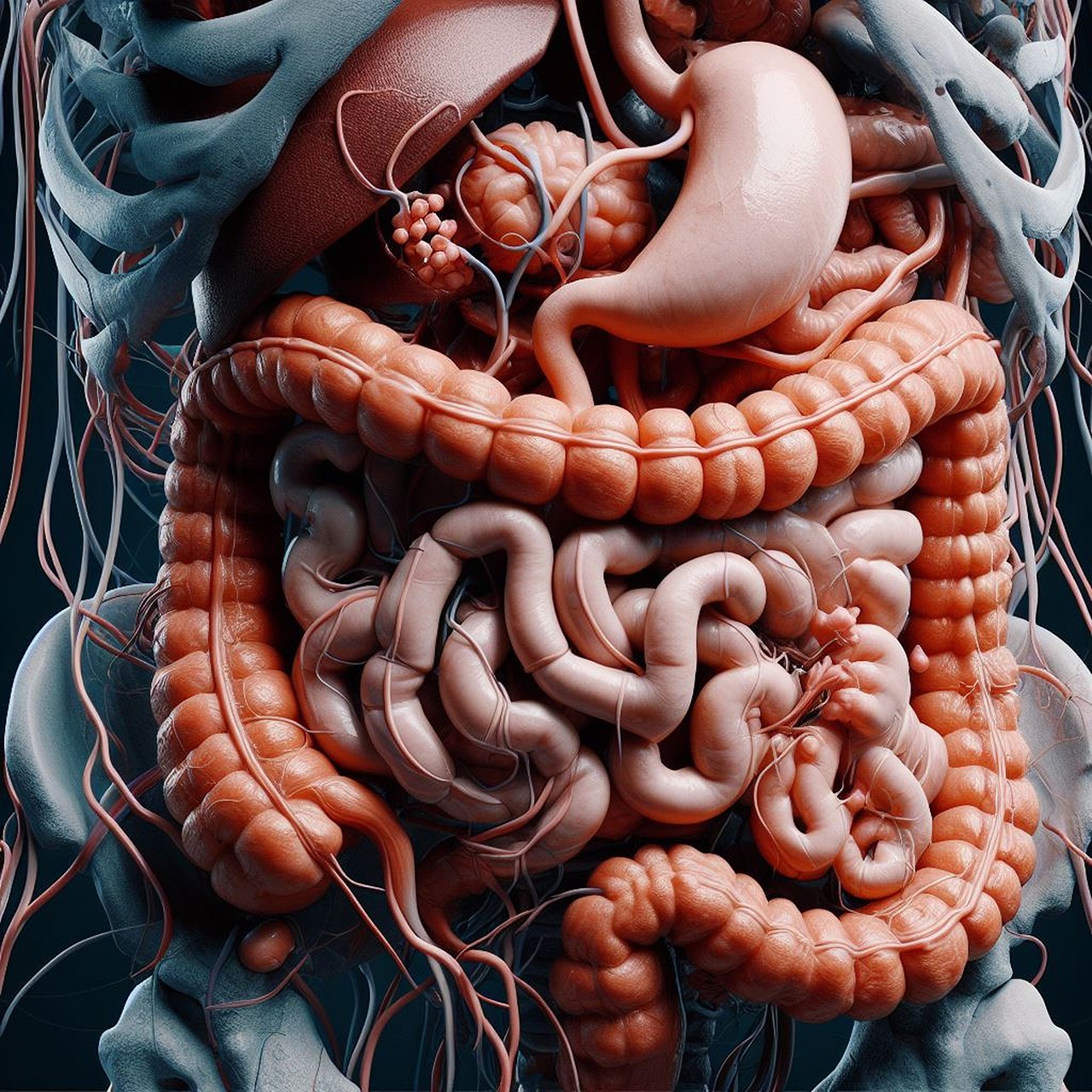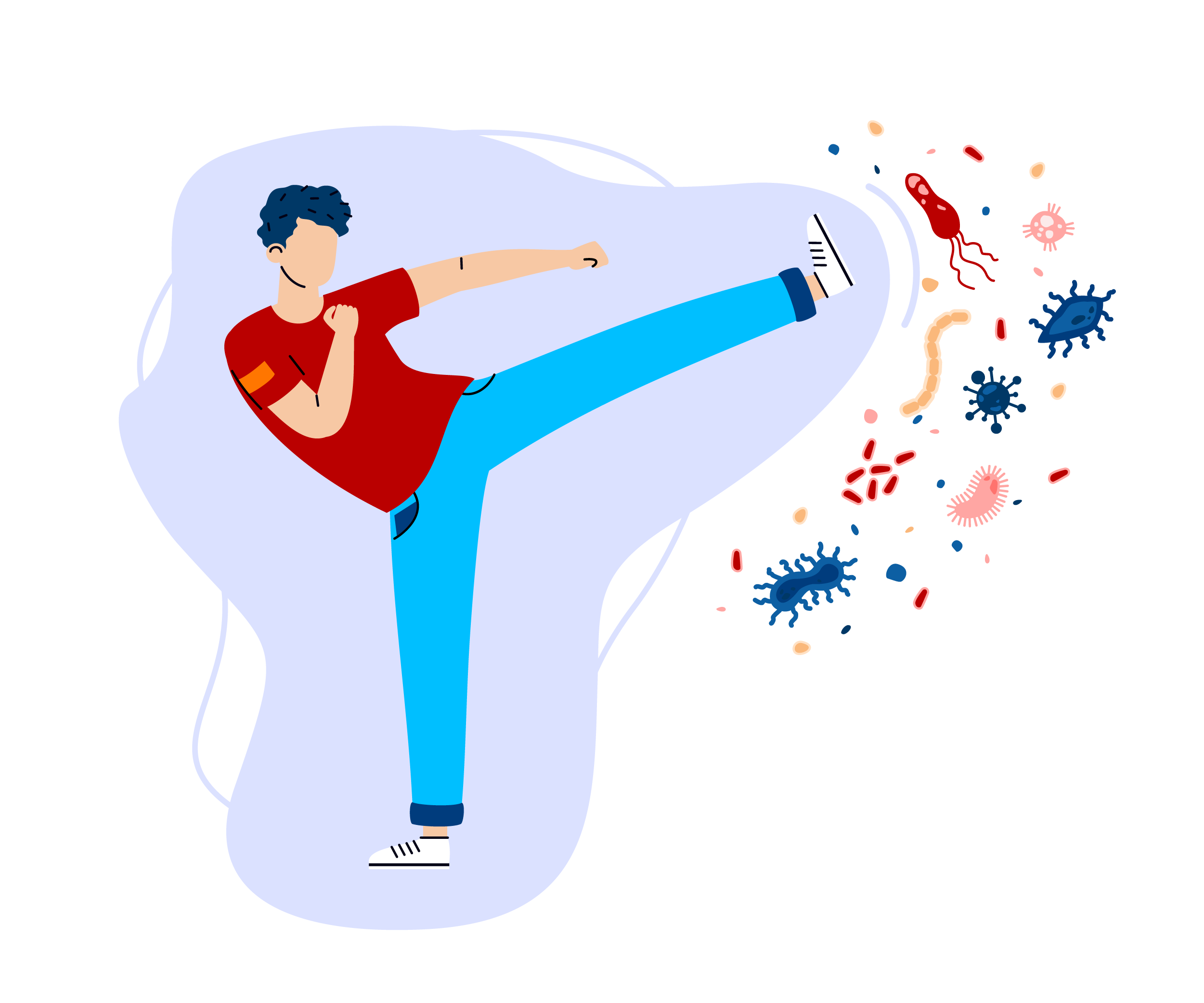
Lactose intolerance is one of the most common examples of a “food intolerance” and many lactose intolerance symptoms can be quite unpleasant.
People can experience lactose intolerance in varying degrees of severity. About 75% of the world’s population have some level of lactose intolerance. Some people have to completely change their diet, and others only have to make slight adjustments.
There are those who experience very uncomfortable lactose intolerance symptoms, even when they only consume a little bit of dairy. Others just get a stomach ache every now and again due to dairy. Many people who are lactose intolerant continue eating dairy, without knowing what it might be doing to their health.
So, what happens if you ignore a food intolerance you have such as lactose intolerance? How do you know when you’re suffering from lactose intolerance symptoms, and how can you adjust your diet accordingly?
What is Lactose Intolerance?

Let’s start by exploring what lactose intolerance means. Simply put, lactose intolerance is a digestive disorder. It happens when your body can’t digest the main carbohydrate found in dairy (lactose). Usually, our bodies use an enzyme called “lactase” to break down the sugars in milk, cheese, and yoghurts. If we don’t have enough lactase, we can’t break the food down properly, causing gastrointestinal distress.
If you’re lactose intolerant, your body struggles to absorb the lactose from food into your body through the small intestines. The lactose instead goes into your colon, where it ferments with normal bacteria, causing diarrhoea, bloating, and gas.
Lactose intolerance is not the same as having a dairy allergy. If you have an allergy to dairy, you’ll be allergic to certain proteins in dairy products. Usually, the symptoms of lactose intolerance are less severe than those of a dairy allergy.
Who’s Prone to Being Lactose Intolerant?
Pretty much anyone can be lactose intolerant. Around 40% of all humans stop producing enough lactase to digest milk products between the ages of 2 and 5. Some people are also more prone to lactose intolerance than others.
Asians, African Americans, Hispanics, and American Indians are all more likely to be predisposed to lactose intolerance because their bodies don’t produce as much lactase naturally. Other people more likely to have lactose intolerance are:
- The Elderly: Primary lactose intolerance is the most common form of this condition. This kind of lactose intolerance happens naturally when we get older. The older we get, the more likely it is that we’ll produce less lactase.
- People with Intestinal problems: The small intestine and general gastrointestinal system are crucial for digestion. If you have bacterial overgrowth issues, Chron’s disease, celiac, and other common conditions like this, you’ll be more likely to have lactose intolerance.
- Premature babies: Lactose intolerance is more common in infants born prematurely, because the small intestine will not begin to develop lactase-producing cells until the third trimester, close to delivery.
- Cancer survivors: If you’ve had radiation therapy for cancer, and other forms of treatment around your stomach, your risk of developing lactose intolerance increases. This is because of the impact of treatment on your digestive system.
- People with specific genetics: Congenital lactose intolerance is a thing. This is a genetic disorder passed down through generations.
Symptoms of Being Lactose Intolerant

How do you know if you have lactose intolerance? There are several lactose intolerance symptoms to watch for. You’ll need to learn how to pinpoint the symptoms. If you often find yourself feeling gassy or bloated after drinking milk or eating ice cream, then you’re probably suffering from some manner of lactose intolerance. Your doctor will be able to conduct tests to let you know for sure.
Although some people might consider bloating a less severe symptom of lactose intolerance, and continue eating dairy, others might want to cut out dairy because they hate feeling bloated.
When it comes to lactose intolerance symptoms, there are a lot of different types, including:
- Stomach pains
- Bloating
- Vomiting
- Gas
- Abdominal cramps
- Diarrhoea
These symptoms can also occur for a range of other conditions. However, if you tend to experience these symptoms between 30 minutes and 2 hours after consuming dairy products, it’s worth contacting your doctor to check for intolerance. It’s also worth noting that the severity of the symptoms can vary with lactose intolerance. It all depends on the amount of lactose you can tolerate, and how much you’ve eaten.
Treatment: What are the Options?

All dairy foods contain lactose, but some people will be able to tolerate small amounts of lactose. The small amount of milk they’d add to a cup of tea, for example, might be just fine. Some studies indicate that people with lactose intolerance can typically handle up to 18 grams of lactose when spread throughout the day. Some types of dairy are also naturally low in lactose, compared to others.
If you’re a cheese lover, you might be able to have mozzarella or Swiss cheese, because these cheeses contain less than 1 gram of lactose per serving. Yoghurt also tends to cause fewer symptoms in people with intolerance. Ideally, however, you should be treating your lactose intolerance correctly.
The best way to treat lactose intolerance is to simply reduce your dairy intake and use the many dairy alternatives available.
Unfortunately, not consuming lactose also means you can become deficient in calcium, vitamin D, riboflavin, protein, and other crucial substances. Taking the right supplements will help to ensure you maintain appropriate levels of these vitamins and minerals. Or, find these nutrients in other foods. Remember, dairy products are naturally high in protein, vitamins, and calcium, and they’re even linked to reduced risks of type 2 diabetes!
The key to a successful lactose intolerance treatment is reducing symptoms, while still getting the right nutrients in your diet. For instance, you can consume calcium-fortified foods, and look into vitamin supplements. Some people even benefit from using liquid, powder, or tablet-based lactase enzymes to help them break down lactose successfully.
There are many delicious dairy-free alternatives available to you, such as cashew ice cream, almond milk, and vegan chocolate. It’s not too difficult to avoid dairy because of how many dairy-free alternatives there are.
What Happens if You Ignore it?

If you don’t mind the occasional bout of stomach problems, you might wonder why you should bother with changing your diet at all. Some people say that eating their favourite meals is worth the potential of stomach cramps. While, as mentioned above, you may be able to tolerate small amounts of dairy, you shouldn’t be eating it all the time if you’re lactose intolerant.
There are people who have done permanent damage to the microvilli (intestine linings) in the body when they consume too much lactose. The microvilli are responsible for absorbing nutrients into your bloodstream. When you damage these, you’re more likely to end up being malnourished.
If you ignore lactose intolerance for too long, you risk exposing yourself to increased instances of inflammation, discomfort, and general bad health. Some people even end up with unexpected weight loss (which isn’t always a good thing).
On top of that, ignoring lactose intolerance may mean that you’re not getting the right diagnosis. If you don’t check if your health problems are actually connected to lactose, you could be ignoring signs of a worse condition, like Crohn’s disease.
A lactose intolerance test will give you a better insight into what’s actually happening in your body when you consume certain foods.
Managing Lactose Intolerance
Lactose intolerance is one of the most common forms of food intolerance out there – but that doesn’t make it any less annoying for people who have it. If you’re intolerant to lactose, then you’re going to need to find a way of managing your diet without the lactose in it.
Fortunately, there are tons of fantastic lactose-free alternatives in the world today. You might find that you can even live a healthier life without lactose.
If you want to find out what your food sensitivities are, the Circle SnapShot Food Sensitivity Test will tell you how your body reacts to as many as 96 common foods. If you would like to understand your body comprehensively, order the CircleDNA kit and soon you will be told about your health in detail.






